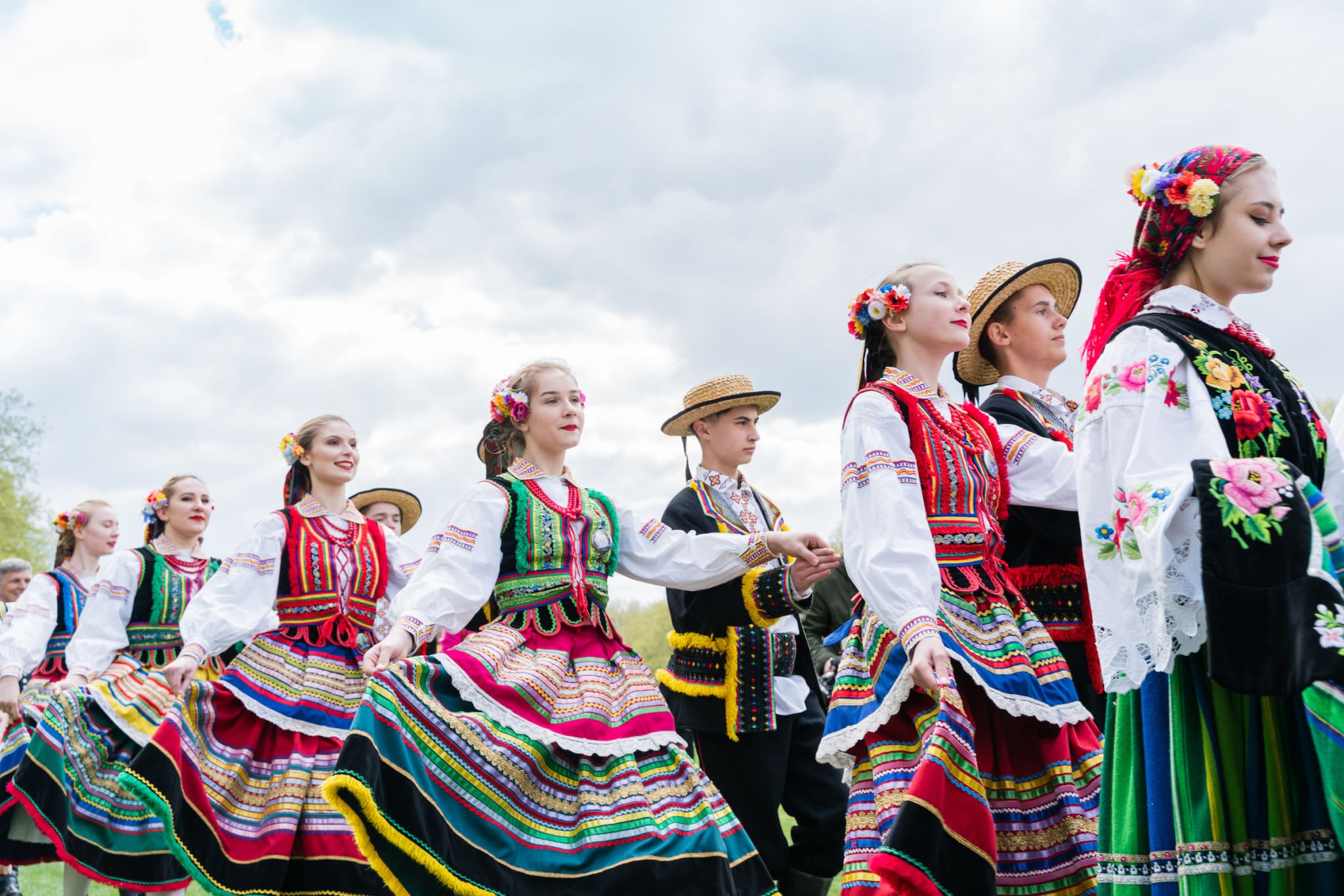The Intergovernmental Committee for the Safeguarding of Intangible Cultural Heritage, during its 18th session held in Botswana, accepted Poland’s submission of the Polonaise dance to UNESCO’s Representative List of the Intangible Cultural Heritage of Humanity.
The Polonaise is one of the oldest national dances of Poland, with its roots reaching back to the times of the Slavs. It was popular across all social layers of the country, gracing both royal court balls and rural weddings, and became a symbol of national and cultural identity.
Jan Łosakiewicz, director of the University of Warsaw’s “Warszawianka” Dance Theatre, described the dance as a significant element of Polish culture, reflecting national characteristics in its music, movement, and dancers’ behavior. He emphasized its national pride and individual dignity, noting that the dance also portrays chivalry and guardianship, as the dancer adorns his partner and shares her beauty and grace with the world.
The Polonaise has also gained popularity in other European countries and inspired many composers, including Frédéric Chopin, Johann Sebastian Bach, and George Frideric Handel. Today, it is commonly taught in dance schools and opens many ceremonies, including the country’s popular high school graduation balls.
UNESCO’s Intangible Cultural Heritage list includes traditions and oral expressions, performing arts and musical traditions, customs, rituals, and festive events, knowledge of nature and the universe, and skills related to traditional craftsmanship. These phenomena are recreated and transmitted from generation to generation, providing communities with a sense of identity and continuity and contributing to the respect for cultural diversity and human creativity.
The Polonaise is the sixth Polish tradition inscribed on the UNESCO list. In previous years, the following have been distinguished with an inscription: Kraków Christmas cribs (2018), beekeeping culture (2020), falconry (2021), the tradition of flower carpet-making for Corpus Christi processions (2021), and rafting in old traditional style (2022).






